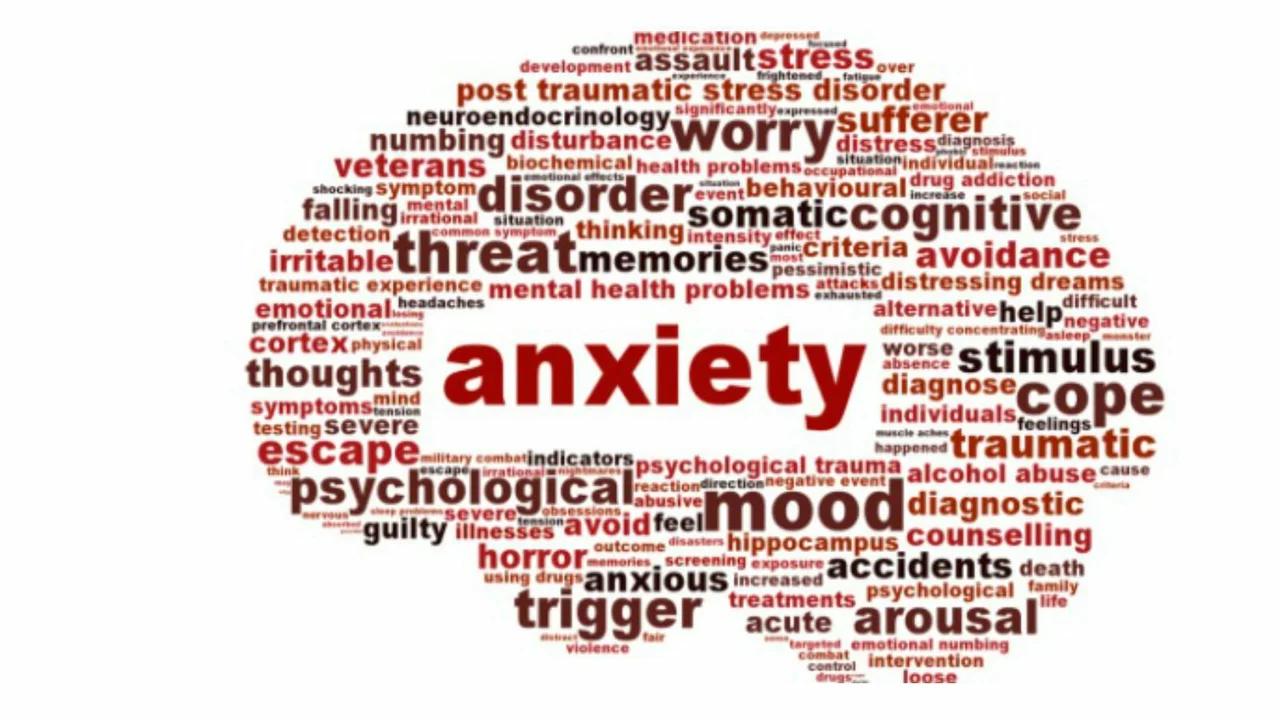Need clear, practical help with mental health medications and coping strategies? You’re in the right place. This section explains how common drugs work, what side effects to watch for, and where to find real support — in plain language, no jargon.
Wondering which article to read first? Start with trusted drug guides. Our Clozaril guide (clozapine) breaks down why doctors reserve it for treatment-resistant schizophrenia, how to watch for dangerous side effects like agranulocytosis, and practical tips families can use. Read it here: Clozaril Side Effects, Benefits, Dosing.
Medications can help a lot, but mixing them wrongly can cause harm. We cover mood stabilizers like lamotrigine — how it prevents depressive episodes in bipolar disorder, typical dosing patterns, and common side effects. Check the lamotrigine article: Lamotrigine: Unlocking Its Role.
For antidepressant safety, don’t miss the fluvoxamine interactions piece. It lists medicines to avoid, explains why MAOIs and certain antipsychotics are risky with fluvoxamine, and shows how to spot signs of serotonin syndrome. Read it here: Fluvoxamine Interactions.
Medication is only part of the route to feeling better. Our Duloxetine article gives realistic ways to find support — online groups, local therapy, and how to talk to your prescriber when side effects appear: How to Find Support While Taking Duloxetine.
Need quick tips you can use now? Keep a simple log of symptoms and side effects, bring it to appointments, and ask for written action plans for emergencies (who to call, what to stop, when to seek care). If a drug causes new agitation, thought problems, or severe physical symptoms, contact your provider right away.
We aim for action-oriented info. Each article links to safe use tips, monitoring checklists, and questions you can print and take to your visit. We don’t replace your clinician, but we help you ask better questions and recognize red flags faster.
Want to browse by concern? Use the search box to type a medication name, symptom, or diagnosis. If you’re unsure where to start, try reading one drug guide and the support article that matches your concern — for example, read lamotrigine basics and then the duloxetine support piece if mood swings and side effects are your main issue.
If you have feedback or a personal experience that could help others, consider leaving a comment on the article that felt most useful. Honest, practical stories help other people know what to expect and make smarter choices with their care.
We check sources and link to clinical guidelines and prescribing info where possible. Expect clear summaries of side effects, monitoring steps, and when to call for help. We avoid medical jargon and give plain questions you can ask your doctor.
If symptoms are sudden or life-threatening — severe chest pain, extreme shortness of breath, fainting, severe suicidal thoughts — call emergency services immediately. If you are in immediate danger, ask someone to stay with you while help arrives.
Stay curious, ask questions, and keep good records today.

Emotional blunting from SSRIs affects up to 60% of users, causing numbness, loss of joy, and detachment. Learn why it happens, who it impacts most, and evidence-based solutions like dose reduction and switching to bupropion.

Explore how PTSD and sleep disorders influence each other, the most common sleep problems in trauma survivors, and evidence‑based treatments that restore restful nights.

Learn what post-stroke depression is, its causes, key symptoms, and effective treatment options, including meds, therapy, and rehab strategies.

Everything you need to know about Clozaril (clozapine): how it works, who takes it, medical facts, tips, side effects, and real-life advice for families.

Lamotrigine, commonly used as a mood stabilizer, plays an important role in the management of mood disorders such as bipolar disorder. By balancing mood swings and preventing episodes of depression and mania, it offers a crucial tool for mental health management. This article explores the mechanisms through which lamotrigine contributes to mood stabilization, potential side effects, and tips for effective use. Understanding these can help patients make informed decisions about their treatment. Real-life experiences and expert insights provide a holistic view of lamotrigine's impact on mental well-being.

As a blogger, I recently looked into fluvoxamine interactions and found out that it's crucial to avoid certain medications while taking this SSRI. Some medications, like monoamine oxidase inhibitors (MAOIs) and pimozide, can cause severe side effects when taken with fluvoxamine. It's also essential to be cautious with other antidepressants, blood thinners, and drugs affecting serotonin levels. To ensure safety, always consult with a doctor before starting any new medications while on fluvoxamine. Remember, it's better to be safe than sorry when it comes to drug interactions!

Taking Duloxetine can be challenging, but finding support is crucial for managing its side effects and ensuring its effectiveness. To find support, I recommend joining online forums and social media groups dedicated to mental health and Duloxetine users, where you can share experiences and advice. Additionally, talking to friends and family about your medication journey can help you feel less alone and more understood. Don't hesitate to reach out to your healthcare provider for any concerns or questions about Duloxetine. Lastly, consider joining local support groups or therapy sessions to connect with others facing similar challenges.
A must-read guide showing the safest and smartest routes to buying Flomax online, choosing reliable pharmacies, avoiding scams, and protecting your health.
Learn what post-stroke depression is, its causes, key symptoms, and effective treatment options, including meds, therapy, and rehab strategies.
Learn how OnlinePillsWWW.com is changing the way people buy prescription drugs online. Get tips for safety, legal info, and how to spot legit pharmacies.
Generic drugs save money-but their availability and price vary wildly around the world. Why do some countries have 80% generic use while others use less than 20%? And why do the same pills cost 10x more in one country than another?
Insurance plans often cover generic combination drugs differently than individual generics, leading to confusing and sometimes costly outcomes. Learn how formularies, tiers, and pricing affect your out-of-pocket costs-and how to save money.